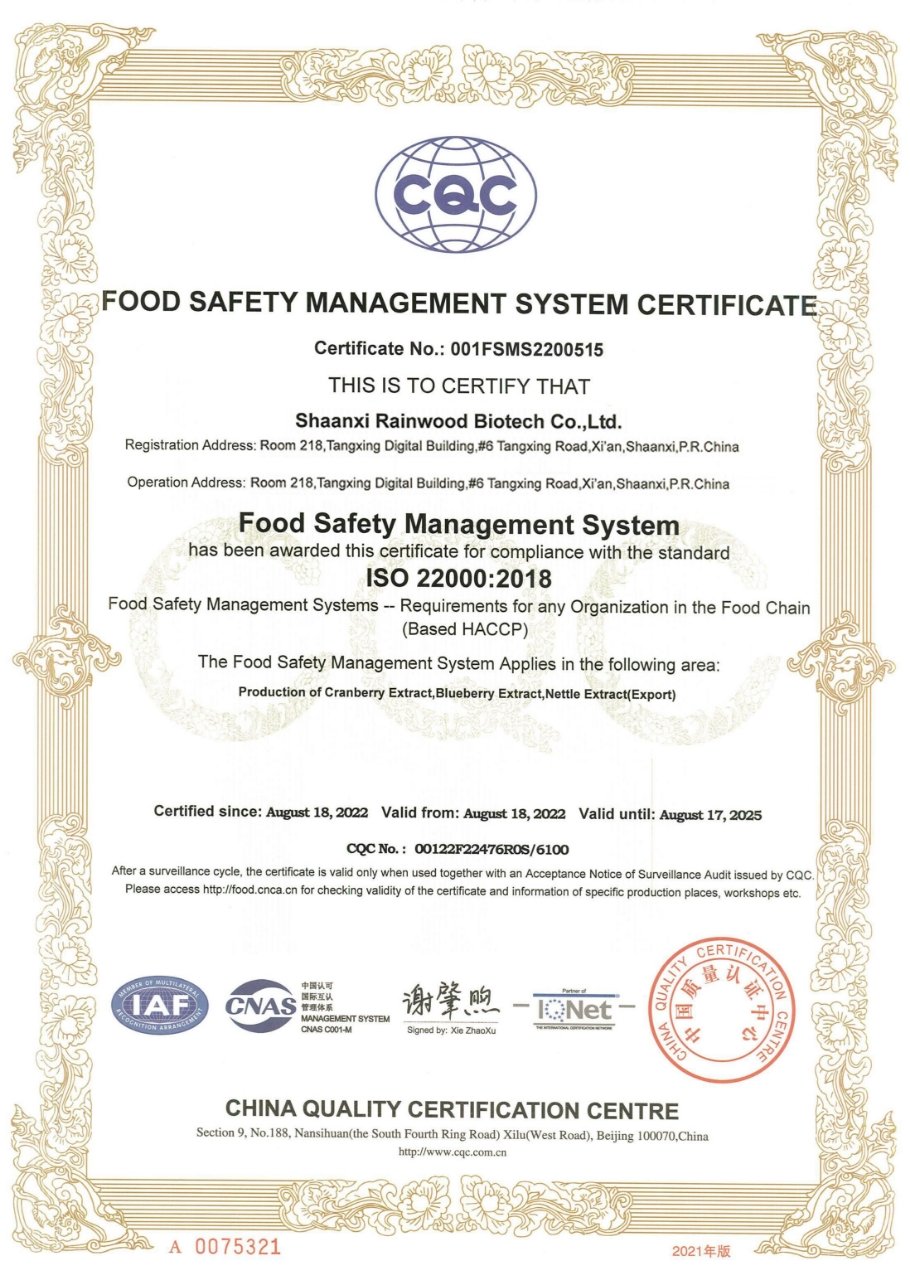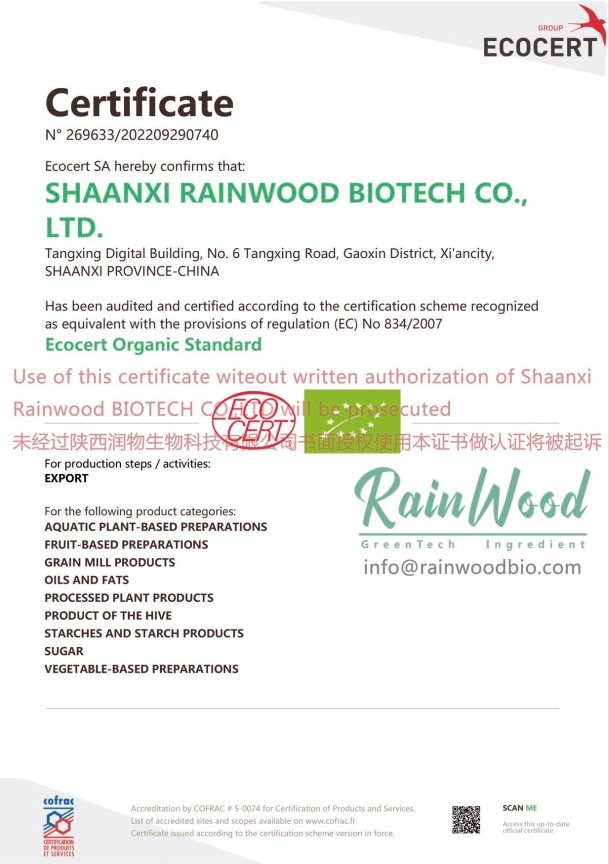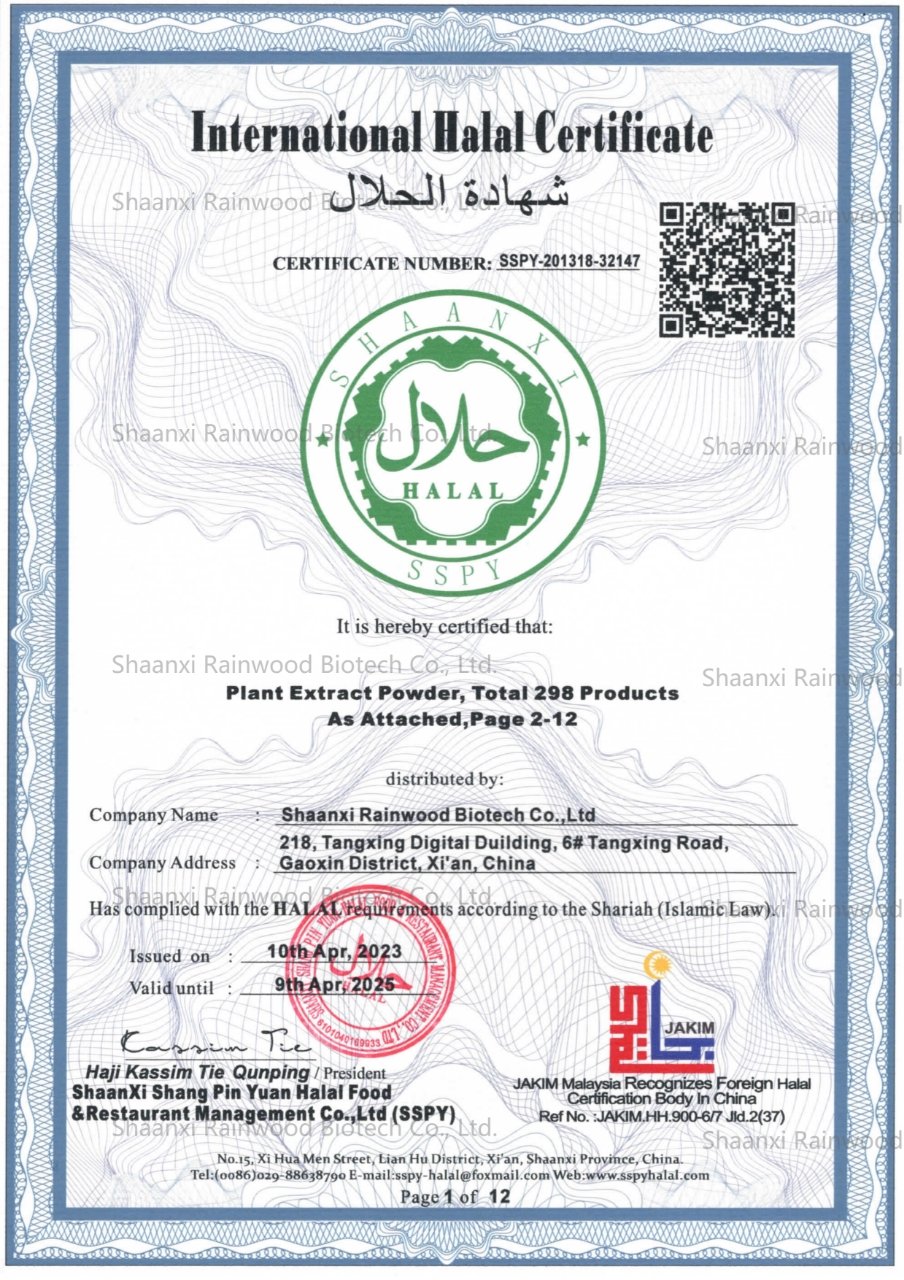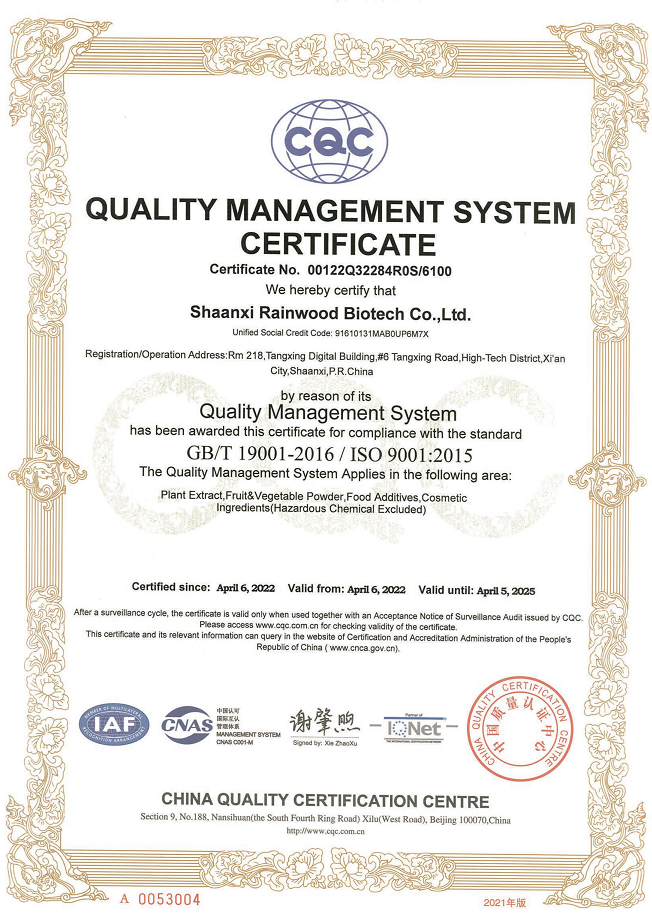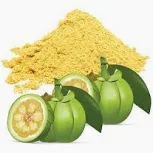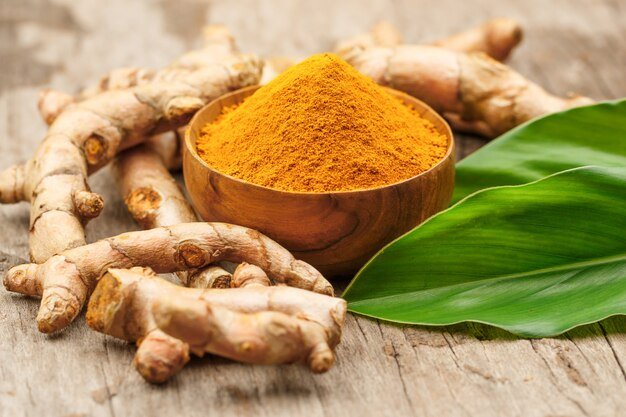Fenugreek takes its name from the Latin trigonellafoenum-Graecum L., meaning “Greek hay,” because it used to be used as animal feed. For hundreds of years. In addition to growing in these areas, wild fenugreek is also found in India and North Africa. Fenugreek seeds and leaves are used as a cooking spice. Because of its health benefits, this herb has become a well-known nutritional supplement.
In ancient India, fenugreek is already recorded in the Book of The Ancient Medicine of Abel, 1500 BC. The Ayurvedic texts describe the aphrodisiac effects of the herb. In ancient Egypt, fenugreek was used to relieve labor pains and other types of abdominal pain.
Around tang and Song dynasties, fenugreek was introduced into the Central Plains by land from the Western regions and successfully introduced. According to the research of Chinese medicine experts, fenugreek was introduced into Chinese pharmacies as a kind of medicinal material in the Tang Dynasty. At present, fenugreek is cultivated in all provinces from northeast to southwest, northwest, east China and central China, but the largest area of fenugreek is cultivated in northwest China.
In ancient India, fenugreek is already recorded in the Book of The Ancient Medicine of Abel, 1500 BC. The Ayurvedic texts describe the aphrodisiac effects of the herb. In ancient Egypt, fenugreek was used to relieve labor pains and other types of abdominal pain.

Fenugreek seeds are a spice. Fenugreek seeds are contained in elongated beaked pods 10 to 15cm long. About 3mm long smooth hard seeds, shaped like irregular broken brick grains. Fenugreek pods contain an average of 15 brown-yellow seeds. During baking, the seeds become dark due to caramelization. The interaction between proteins and carbohydrates causes the Maillard reaction. Thermal reactions between sugars and amino acids in many plant products produce volatile compounds, such as pyrazines and endolipids. Proper roasting gives fenugreek seeds the right intensity of aroma and flavor.
Fenugreek seeds are rich in protein (9%~10%), carbohydrate (40%~45%) and fixed oil (7%~10%), as well as calcium, iron, phosphorus and some vitamins. Fenugreek seed flour is used to make bread in Ethiopia and other North African countries, and used in India to make flatbread. A recent Chinese study found that fenugreek seeds contained a crude protein level of 54.6% and a polysaccharide content of 8.72%.
Fenugreek seeds contain saponins such as diosgenin ligand and diosgenin, and other related compounds. Recently, researchers identified two new compounds: diosgenin methylprocygenin and diosgenin methylprocygenin. Trigonelline seeds also contain alkaloids such as choline and trigonelline. Due to its rich galactomannan and galactagogue effect, fenutrient seeds can be used for lactating women to increase the amount of lactation. The fenugreek seed extract is also marketed as a muscle enhancer. After fenugreek seeds were removed and added to wheat flour at a low level of 1.5%~9%, the protein level of the flour was increased, but the gluten and carbohydrate of the flour were decreased.

Fenugreek began to be eaten as a wild vegetable more than 2,000 years ago in western Asia, the Middle East and Arab countries. Mainly promotes the female breast development, the mammary gland tissue growth, so also known as “hair milk grass”, for the relief of menopausal symptoms, improve premenstrual syndrome, has a great help.
Fenugreek is commonly used by folk doctors in India and the Arab world as a strengthening agent, aphrodisiac, analgesic and oral freshener. In some Arab countries in the Middle East, it is also often used as a natural catalyst for increased milk production in women with low milk supply.

Functions
Regulating blood sugar level
Fenugreek is an herb whose seeds are known to repel wind, nourish and fight diabetes. Scientific studies have shown that fenugreek has the effect of lowering blood sugar and, in some doses, has the effect of fighting ulcers. Other studies have shown that soluble dietary fiber can inhibit carbohydrate digestion and absorption and reduce postprandial blood glucose in type 2 diabetes.
Reducing blood lipid
Fenugreek is also a good remedy for lowering cholesterol. Scientific studies have shown that Fenugreek can reduce the risk of cardiovascular disease by lowering total cholesterol, triglycerides and LDL cholesterol, and increasing HDL cholesterol.
Immunoregulation
Fenugreek has been shown to stimulate immune regulation and activate phagocytic activity of macrophages.
Anti-tumor effect
At present, cancer is one of the leading causes of death in the world, and many studies have reported that fenugreek seeds have anti-tumor effects. The chemical constituents of Fenugreek with anticancer activity are phytoestrogens and diosgenin. Diosgenin plays an anti-tumor role by selectively inhibiting dividing tumor cells, activating apoptosis process and inducing programmed cell death.

Fenugreek seed extract Extract Powder is one of the plant products. Are you worried that you can’t find good Fenugreek seed extract Extract Powder? From today onwards, you don’t have to worry about that anymore.
Shaanxi Rainwood Biotech is dedicated to the herbal extract industry, In this field not only have rich experience, also have a good reputation. Its aim is to create a health care raw material brand that everyone can rest assured, to solve your choice of trouble!









